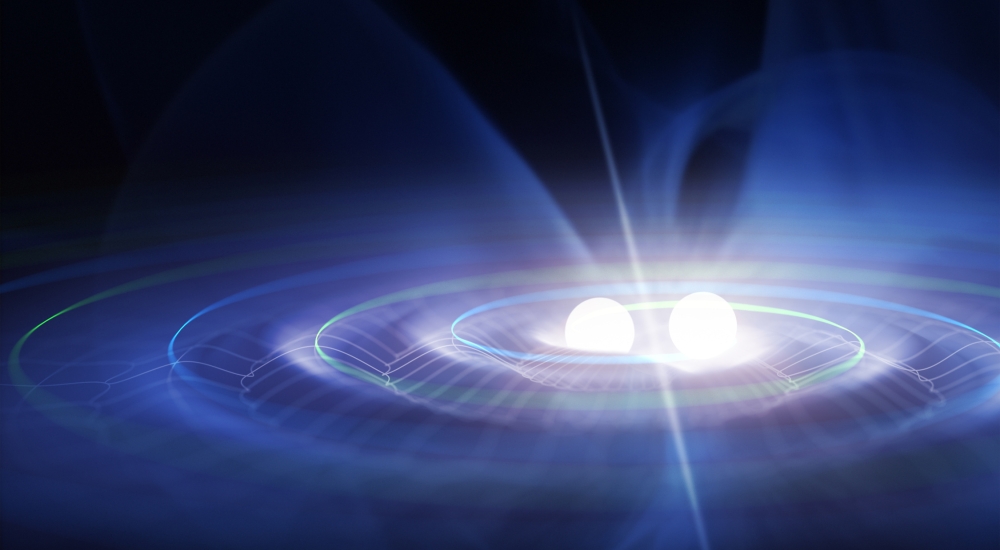The correct description of gravity, and the nature of dark matter and dark energy, are arguably the most fundamental and profound questions in contemporary physics. General relativity is just beginning to be tested in the dynamical/strong-field regime, and upcoming observations will allow for a deep scrutiny of the theory. Comparison of the signals from compact object mergers with theoretical predictions will probe gravity in these highly dynamical, strong-field settings.
Such observations can reveal clues about dark matter, the behaviour of gravity in extreme regimes, and possibly even quantum behaviour around black holes. The observations allow us to search for new particles that may be weakly coupled to ordinary matter, and thus inaccessible in terrestrial experiments.
Gravitational wave observations enable complementary insights into the possible engines responsible for still-enigmatic phenomena like short gamma-ray bursts and fast radio bursts. Combining the information of multiple messengers (electromagnetic, gravitational, and neutrino) holds the key to unraveling such phenomena. Furthermore, a theoretical understanding of potential sources is crucial in designing optimal observational and data analysis strategies.
Gravitational wave observations, especially from the next generation of detectors, will also provide a unique opportunity for cosmology. The mergers of compact binaries, such as pairs of black holes or neutron stars, are “standard sirens,'' which can be used to map the expansion history of our universe, and probe its large-scale structure.
In tackling these fundamental issues, the Gravitational Waves Initiative will bring together expertise in analytical and numerical approaches to studying the nonlinear regime of gravity, data analysis for gravitational wave observations, and connections to particle physics and cosmology.
Apply now
We are recruiting postdoctoral fellows interested in joining this effort. Candidates with a strong background in data analysis are especially encouraged. Apply here.
